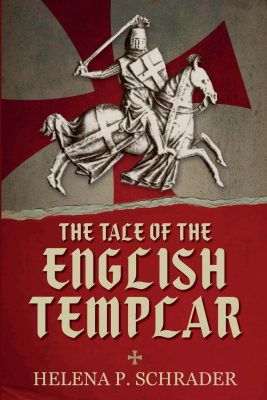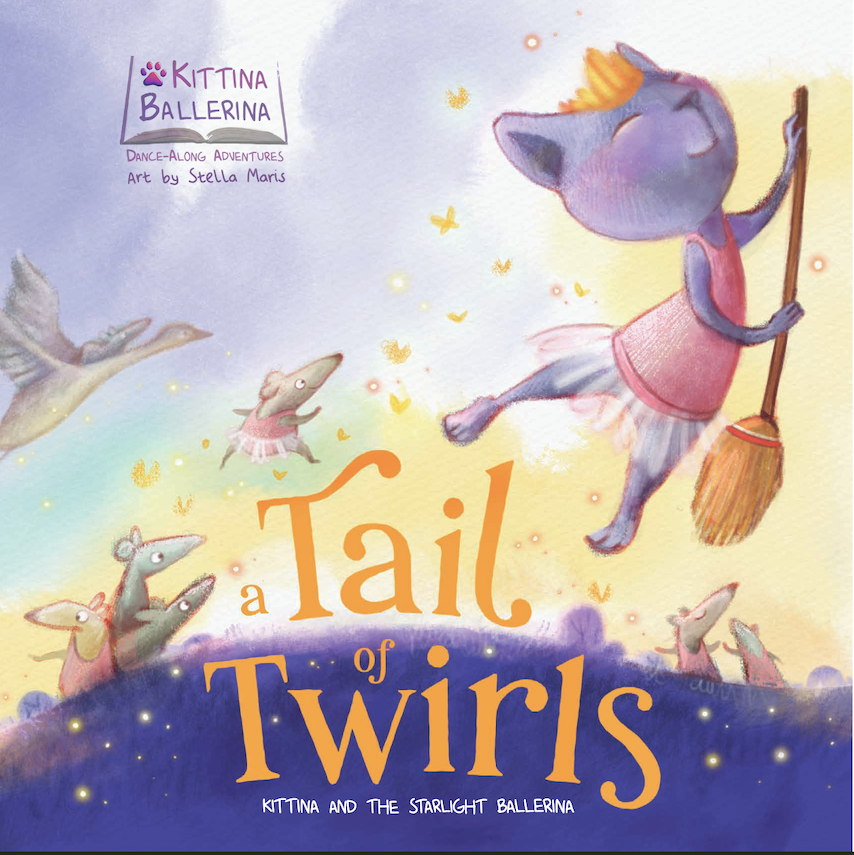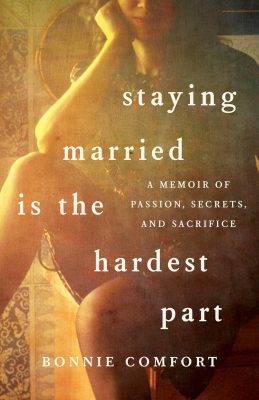|
Listen to or download this article:
|
In an ancient world split in three by religion, a conflicted young man seeks the truth about his past and builds his future in this colorful panorama created by author James Hutson-Wiley.
Ibn Thomas, the book’s narrator, taken from his boyhood home In Aegyptus after his father and mother disappeared, lives in a monastery where he is mocked for his name and his knowledge of Arabic. At age 12, the monks send him from England to Salerno, Italy, where he will study medicine, supported, he learns, by considerable wealth to which he is heir from the commercial activities of his father, a trader in Al-Sukkar, or sugar, considered a precious commodity at the time.
After successfully completing his studies, he is sent to Sicily, where he will be appointed chief physician by the queen after saving her son Ruggerio’s life. But the monks have given him a secret assignment, a role that his father also undertook – to spy on certain members of the Sicilian leadership. He will also ally with the Islamic and Jewish family members, cordially doing business with his loving Uncle Assad, a Muslim, and with Jusuf, a Jew who considers himself the boy’s uncle. All of them hope to discover their friend and relative, the missing sugar merchant, alive.
As Ibn Thomas travels through the Mediterranean region beset by pirates, massacres, plagues, and intrigues, he has a personal goal: to reach the Holy Land, where the great religions that seem so far apart as to cause war and hatred, and that live so strongly within him, have their roots.
Author Hutson-Wiley has fashioned his sequel to The Sugar Merchant with an eye to the smallest detail. In this vibrant tale, the inner workings of the early Roman Catholic Church can be seen as it quells rebellion within its own ranks and battles fiercely with Islamic forces. The mysterious, almost magical realm of medicine, combining science and spiritualism, has been clearly researched to the last detail, in a way that modern readers, now used to herbal remedies as an alternative to scientific pharmacology, will find fascinating.
In an amusing episode, Thomas and a school friend decide to experiment with the drugs they give their patients, one of them being a weed called “kanab.” Not surprisingly, they wind up thoroughly stoned. Importantly, the author deftly puts us solidly inside the mind of his protagonist, a man who knows his profession, tries to reconcile his intermingled religious beliefs, and often berates himself for his pride even as his perspicacity allows him to save many lives. Hutson-Wiley has traveled the regions he so vividly depicts in his career in international trade and, through the engaging perspective of Ibn Thomas, gives readers a fresh look at how some of the paradigms of our current geopolitical landscape came into being.











Leave A Comment